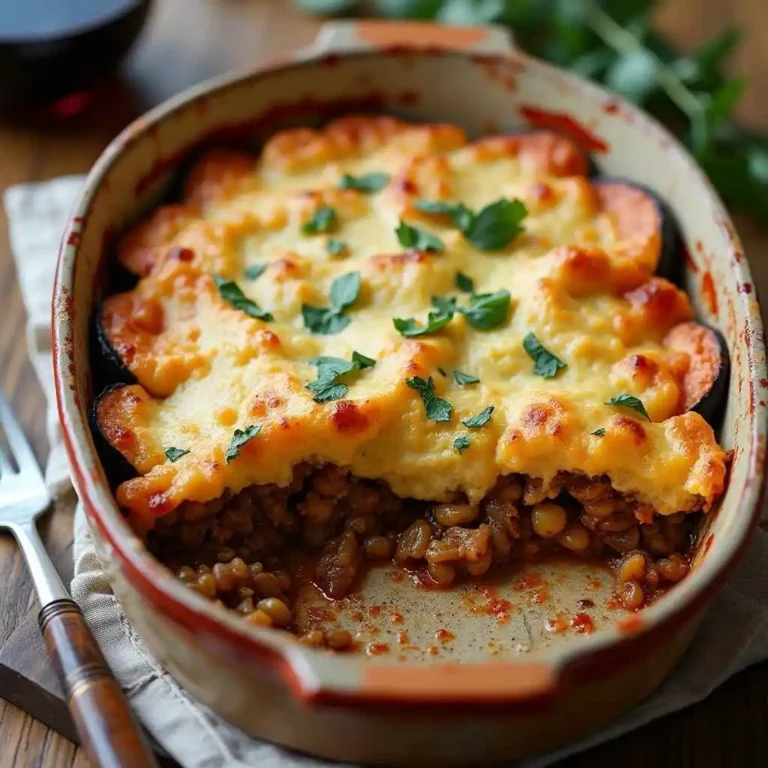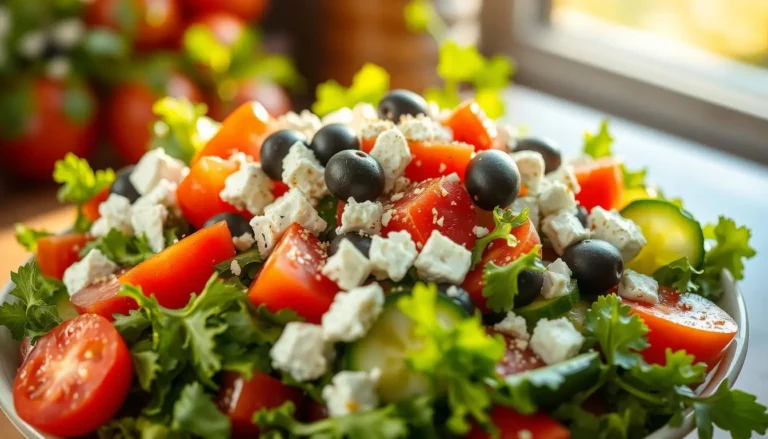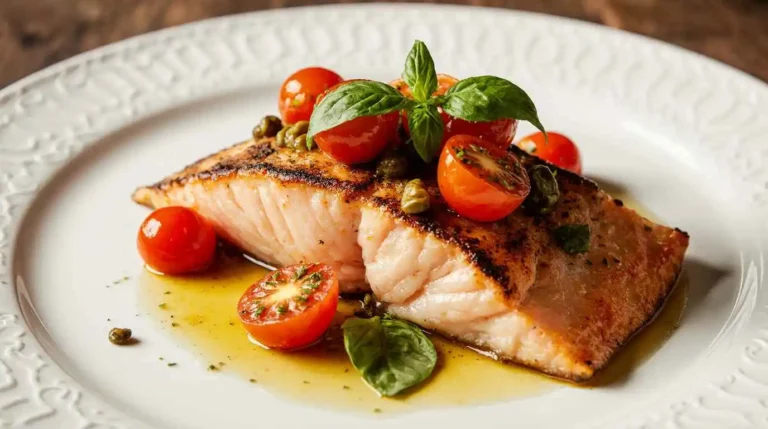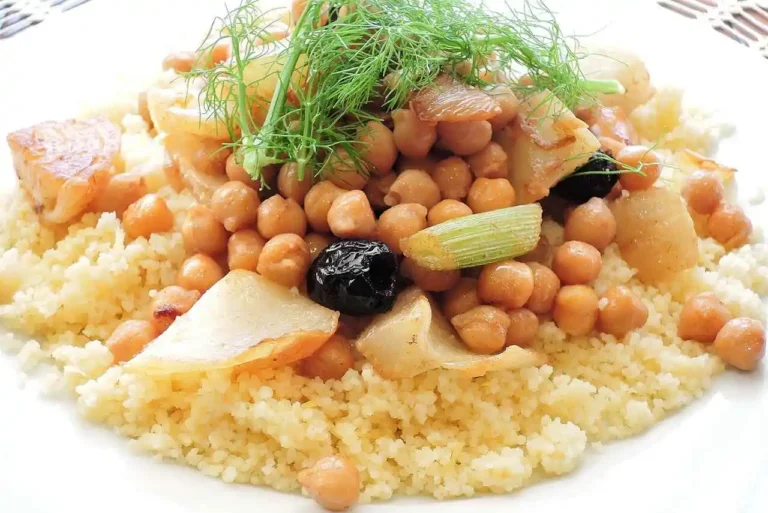Greek Cuisine: Exploring Authentic Mediterranean Flavors
Table of Contents
Introduction: Rich History and Culture of Greek Cuisine
Greek gastronomy history is a wonderful tapestry with centuries of tradition, cultural inspirations, and geographic peculiarity. Greek Cuisine characterizes the Mediterranean diet by its simplicity and emphasis on fresh ingredients, which have been valued since ancient times. Stressing fruits, vegetables, whole grains, lentils, and olive oil as primary elements, this diet is well-known for its health benefits.
Traditional Greek Food consists of classic dishes, including moussaka, a fragrant mix of eggplant and minced meat topped with creamy béchamel sauce, souvlaki, and juicy skewers of grilled meat seasoned to perfection.

Essential dishes like spanakopita (spinach pie) feature the exquisite crunch of phyllo dough, enclosing savory ingredients.
These dishes taste fantastic and also reflect Greece’s agricultural richness. Greek Cuisine celebrates community dining occasions when friends and relatives assemble around tables laden with a range of meze—small plates that encourage sharing.
Beyond just offering Food, this custom symbolizes the Greek philosophy of “philoxenia,” or hospitality, which involves creating attractive surroundings where relationships are grown over everyday meals.
Furthermore, Greece’s different topographies—from mainland highlands to many islands—have affected regional variations in cooking methods. While coastal areas provide seafood-rich diets, interior settings may emphasize more traditional Cuisine with game meats or dairy products like feta cheese.
Traditional Greek Food is ultimately about celebrating life, which values harmony between natural offerings and human innovation in producing recipes that have lasted the test of time and are not merely about nourishment.
What Makes Essential Greek Cooking Ingredients Unique?
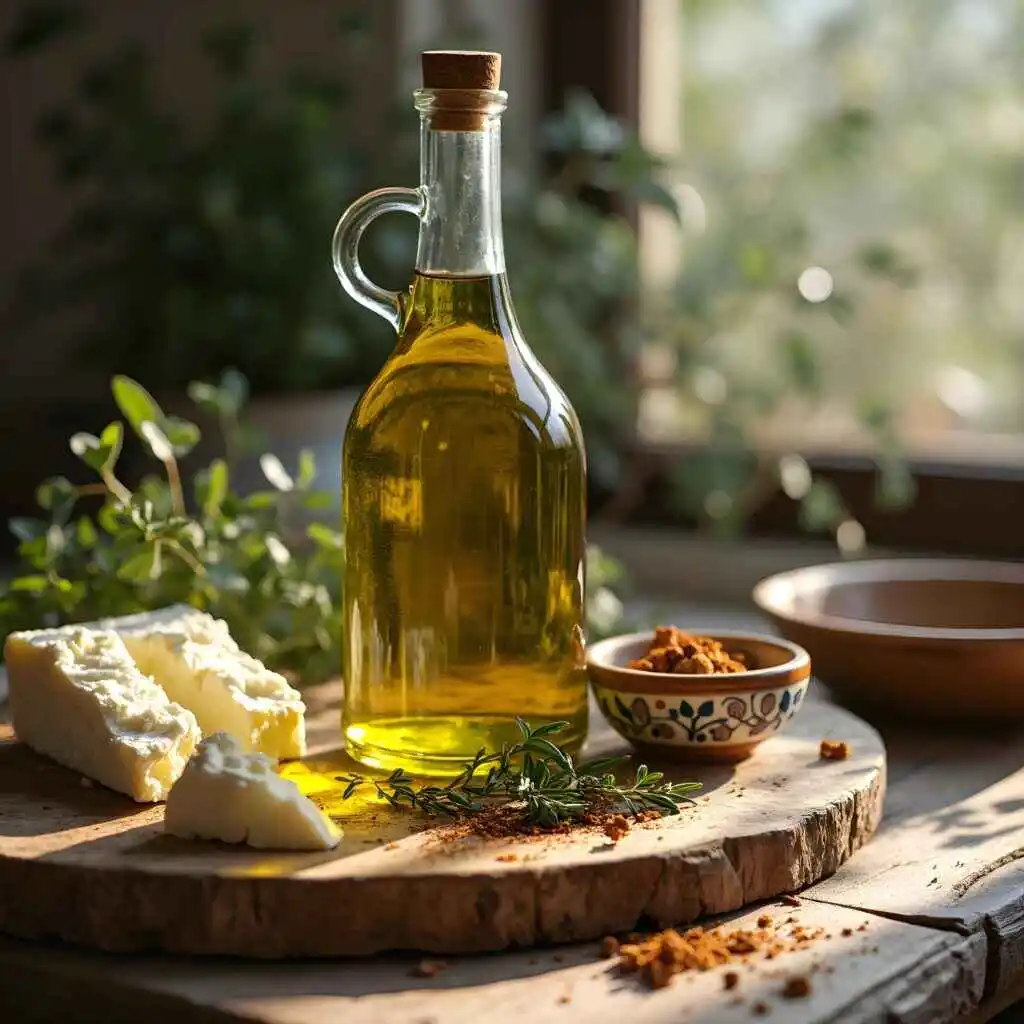
Traditional Greek food is distinguished by taste and character and uses unusual and mouthwatering ingredients. Often referred to as “liquid gold,” olive oil is a hallmark of Greek Cuisine, renowned for its rich taste and health benefits, including high monounsaturated fats and antioxidants.
This adaptable oil is found in everything from sauces and marinades to baked foods.
Feta cheese is another popular ingredient since it provides a tangy and creamy texture for many classic dishes, pastries like spanakopita, and salads. In addition to these key ingredients, Greek Cuisine frequently employs herbs like oregano, thyme, rosemary, and dill to add scent and depth.
Usually dried for convenience or newly picked from the Mediterranean countryside, these herbs keep their intense tastes this way. Moreover, Mediterranean spices like cinnamon and nutmeg offer a fragrant richness, improving the whole eating experience and surprising warmth to savory Cuisine. These elements, taken together, provide the harmonic balance of tastes defining Greek cooking traditions.
Greek Cuisine One Should Not Miss

Traditional Greek Foods include baklava dessert, souvlaki, moussaka, and tzatziki sauce.
Classic Greek Cuisine offers various meals that have become popular mainstays because of their unique flavors and textures. Usually provided with pita bread and a selection of sauces or toppings, the popular street meal souvlaki is grilled, skewered meat.
A casserole, moussaka is a classic dish with layers of aubergine, minced pork, and béchamel sauce that offers a rich and comforting taste. Tzatziki sauce goes great with many Greek foods; its creamy yogurt, cucumbers, garlic, and herbs add complexity to meats and veggies.
For those with a sweet taste produced from layers of phyllo dough loaded with nuts and sweetened with honey or syrup, baklava is an interesting delicacy.
These classic Greek dishes accentuate the country’s strong tastes and capture its rich gastronomic past, which still fascinates foodies worldwide.
The Health Benefits of the Mediterranean Diet Refined in Greek Cooking
Health benefits of Greek Cuisine, Mediterranean Cuisine, good Greek cookery, and the entire Greek Cuisine
Greek Food, well-known for its robust tastes and fresh ingredients, offers an incredible spectrum of health benefits for the Mediterranean diet. Celebrated for improving heart health, supporting weight control, and reducing the risk of chronic diseases, this diet is also Greek Cuisine that prioritizes complete foods such as olive oil, fresh vegetables, lean proteins like fish and chicken, whole grains, and legumes—all of which serve to build a balanced and healthful diet.
Classic Greek salad with tomatoes, cucumbers, olives, feta cheese, or grilled fish with lemon and herbs is one of the popular healthy Greek dinners. These are fantastic and rich in essential vitamins and antioxidants that support overall health.
Including Traditional Greek Food in one’s diet helps one satisfy their body with nutrients that support long-term health and allows them to enjoy several gourmet delights.
A Handbook for Planning a Greek Dinner Party Right Here at Home

Greek meal hosting guidelines, dinner party menu ideas, and Greek cooking techniques
When planning a Greek-themed dinner party, consider the food and hosting rules that will give your guests an authentic and remarkable experience.
Start by including everyday Greek dishes like souvlaki, skewers of grilled meat frequently served with pita and tzatziki, or moussaka, a delicious casserole made with layers of eggplant, minced beef, and béchamel sauce.
The main meals will be balanced by mezze dishes, including olives, feta cheese, dolmas (stuffed grape leaves), and spanakopita (spinach pie), providing various tastes and textures.
Think about grilling over charcoal for that exceptional smoky taste reminiscent of ancient Greek Cuisine or using fresh herbs like oregano and mint to enhance tastes and have an authentic touch in cooking techniques.
One hosting idea is to arrange blue-and-white tableware to evoke the mood of the lovely Greek islands and set the ambiance with Mediterranean music.
At last, remember that Greek Cuisine is all about community; as you enjoy this gastronomic journey with others, spark lively conversation around the table.
Food’s Place in Greek Festivities and Customary Practices
Greek celebrations and rituals are deeply linked with Greece’s rich and mouthwatering Cuisine. These gatherings center on Food, which supplies Food and shows hospitality, community, and cultural legacy. Every occasion is unique and relevant to cuisine, from family gatherings to religious celebrations.
For Easter, one of Greece’s most important religious events, lamb is often barbecued on a spit to symbolize Christ’s sacrifice. This meal goes with Magiritsa, a thick soup made from lamb offal and greens that breaks the Lenten fast. Likewise, melomakarona (honey-soaked biscuits) and kourabiedes (almond shortbread cookies) are plentiful and can be shared with loved ones during Christmas celebrations.
Another occasion when Food takes the front stage is Greek weddings. Scattered throughout the ceremony are typical Greek foods such as moussaka (a layered eggplant and meat casserole), dolmades (stuffed grape leaves), and baklava (a sweet dessert made with layers of filo dough). More than they are about feasting, these feasts celebrate family closeness and convey thanks.
Little events like name days or baptisms also highlight a selection of handcrafted delicacies representing geographical variations across Greece. Every meal tells a story handed down through the years, from the savory Cretan pies to the sweet spoon pastries from the Peloponnese.
Greek Cuisine is more than just Food; it’s a fundamental part of remembering life’s events while preserving cultural integrity. Greeks honor their legacy and create new memories through communal dinners full of classic Cuisine for future generations.
Greek Holidays and Gastronomy
Greek festivities are vibrant events that emphasize the country’s rich history, culture, and gastronomic traditions. Every occasion offers an opportunity to enjoy a variety of traditional dishes, stressing Greece’s Cuisine. Easter, one of the most significant Greek celebrations, gathers families together to enjoy lamb grilled on a spit, symbolizing both sacrifice and rebirth.
Usually accompanied by margaritas, a substantial soup made from lamb offal and greens, which breaks the Lenten fast, this meal is the Apokries funfair season, which offers plenty of grilled meats and sausages as people celebrate with feasting before Lent starts.
Tableware laden with fresh seafood reflecting Greece’s seaside preferences, spanakopita (spinach pie), and dolmades (stuffed grape leaves) mark the Feast of the Assumption in August. By bringing people together over shared meals, these festivals commemorate Greece’s gastronomic past and thereby strengthen community relationships and help preserve old customs.
At Last, Welcome Greek Delicacies Straight Into Your Kitchen Right Now!

As you start your gastronomic journey to embrace the tastes of Greece in your kitchen, keep in mind that Greek Cuisine honors fresh ingredients, vivid tastes, and a rich cultural legacy.
Including simple goods like olive oil, feta cheese, olives, fresh herbs like oregano and thyme, and lots of vegetables in your culinary calendar can help you mimic the spirit of Greek Cuisine right at home.
Try classic recipes like moussaka, souvlaki, or a cold Greek salad to introduce the Mediterranean to your table. Remember also the simplicity of Greek Food; let the natural tastes flourish using fresh, premium ingredients and basic cooking techniques.
Besides its great taste, Greek Cuisine’s focus on whole ingredients and balanced nutrition offers various health benefits. Including these cooking methods in your daily meals improves your taste receptors and offers your body nutritional benefits.
Why, then, ought we to wait? Start exploring the rich universe of Greek Cuisine right now, and turn daily meals into fantastic dining experiences that reflect Greece’s heart and soul.


